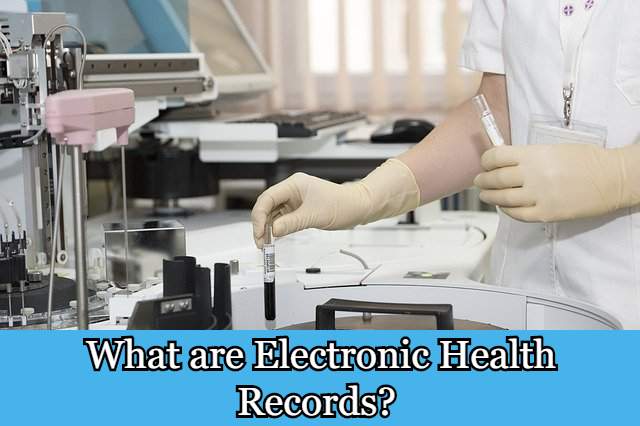
The cloud is here to stay. Whether you like it or not, it’s only getting more ubiquitous as time goes on. It’s hugely popular for personal use and although it’s existed in the healthcare industry for years, it’s finally sophisticated and secure enough that it’s truly become a viable alternative to traditional client-server systems for healthcare providers. There are multiple benefits from cost, to ease of use, to collaboration facilitation between doctors. For older patients, the idea of putting information into the cloud can seem like a foreign concept, causing unnecessary anxiety.
Easy Setup and Maintenance:
First and foremost, implementation is much easier with cloud systems because all that doctor’s offices or practices need to set up an electronic record system is a computer with Internet access. It can be accessed from anywhere there’s a secure Internet connection and doctors who aren’t physically in the office can still collaborate from home. This is great for patients in the age of telehealth, where many people aren’t going into a physical office unless necessary due to COVID. With cloud computing, the software is constantly updated and patients can more easily get access to their personal records if they’re moving doctors, applying for benefits, or in the hospital.
Delays between offices are reduced:
The point of a cloud-based system is to reduce the headache associated with servers, setup, and updates. The electronic healthcare record provider should automatically update the doctor’s office system without any effort. This is why doctors now carry laptops or tablets with them into the examination room during appointments. One thing worth bearing in mind, however, is that all companies, no matter how big or small, have outages or disruptions from time to time. Although it does not happen frequently, when it does happen, it is obviously a major inconvenience.
Why are practices using Electronic Health Records?
For small or newer practices, foregoing the cost of an in-house server can be particularly attractive. With most cloud systems, all you need to pay is a monthly fee. However, since you aren’t personally in control of your data, check with the vendor whether they or a third party hosts the health records. This is important information because if you ever switch vendors or change storage methods, you need to know how to access and transfer your patient records.
What about Data Breaches?
One of the main anxieties people have when they think about cloud-based computing is security. Rightly so, security should be a top concern when dealing with something as sensitive as a patient’s health record. Any cloud-based EHR company worth doing business with, however, should be using the same security and encryption technology that credit card companies and banks use. There’s no need to be nervous if your doctor uses electronic health records rather than physically filing your medical information.
Max Gottlieb is the content manager for Senior Planning. Senior Planning provides free assistance to seniors or the disabled and specializes in long-term care.




More Stories
The Best Time to Do Pranayama – Practical Advice
Relieve Back Pain with 8 Soothing Yoga Poses
Top 10 Food Brands in Kerala